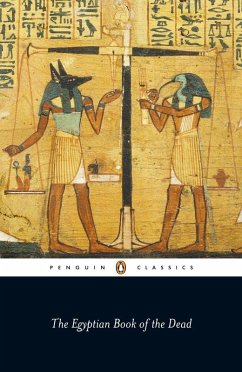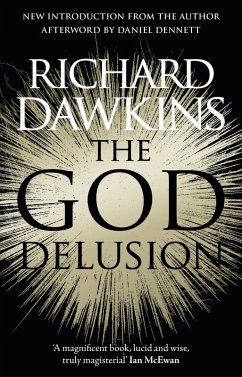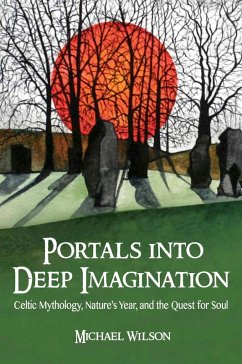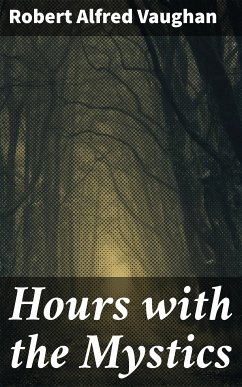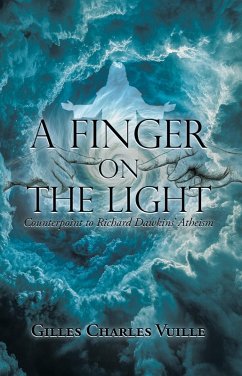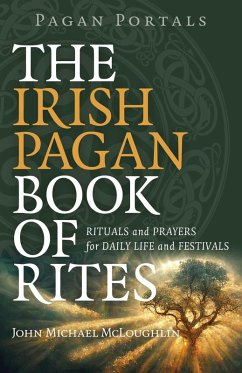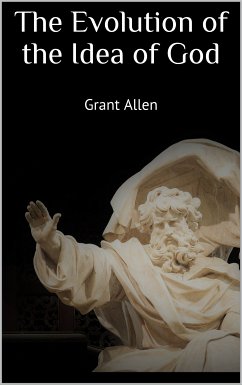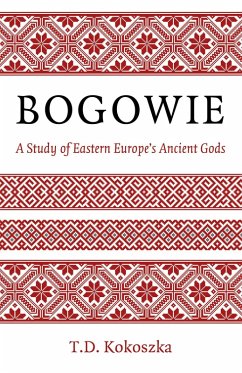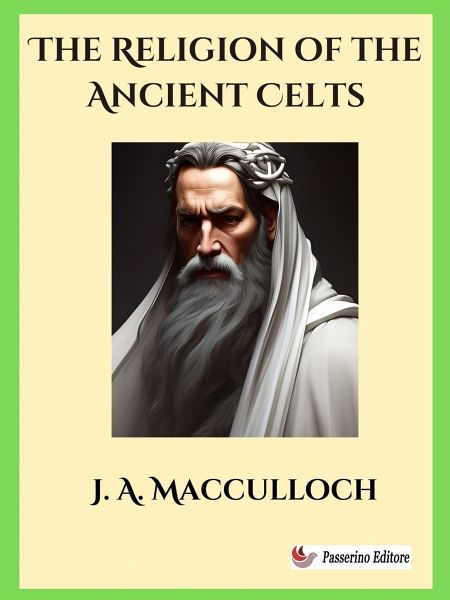
The Religion of the Ancient Celts (eBook, ePUB)
Versandkostenfrei!
Sofort per Download lieferbar
0,99 €
inkl. MwSt.
Weitere Ausgaben:

PAYBACK Punkte
0 °P sammeln!
The religion of the ancient Celts was a complex and varied belief system that evolved over time and across different regions inhabited by the Celtic peoples. Unfortunately, due to the lack of written records from the Celts themselves, our understanding of their religious practices and beliefs is largely based on accounts written by Roman and Greek observers, as well as archaeological evidence. The Celtic religion was polytheistic, meaning they worshiped multiple gods and goddesses. These deities were associated with various aspects of nature, such as the sun, moon, earth, water, and animals. T...
The religion of the ancient Celts was a complex and varied belief system that evolved over time and across different regions inhabited by the Celtic peoples. Unfortunately, due to the lack of written records from the Celts themselves, our understanding of their religious practices and beliefs is largely based on accounts written by Roman and Greek observers, as well as archaeological evidence. The Celtic religion was polytheistic, meaning they worshiped multiple gods and goddesses. These deities were associated with various aspects of nature, such as the sun, moon, earth, water, and animals. The Celts believed that the natural world was inhabited by supernatural beings and that they played a significant role in shaping their lives. One of the central concepts in Celtic religion was the belief in the Otherworld, a realm that existed parallel to the physical world. The Otherworld was a place of eternal youth, beauty, and abundance, and it was the destination for souls after death. The Celts believed in the immortality of the soul and the possibility of reincarnation. The Druids, a class of priests and religious leaders, held great influence in Celtic society. They were responsible for conducting religious ceremonies, offering sacrifices, and interpreting omens and signs. The Druids also played a crucial role in transmitting oral traditions and knowledge, including myths, genealogies, and legal codes. Rituals and ceremonies were an important part of Celtic religious practices. These included offerings of food, drink, and valuable objects to the deities, as well as animal and, in some cases, human sacrifices. Rituals were often held in sacred groves, hilltops, or lakeshores, which were believed to be places where the boundaries between the mortal and divine realms were thin. The Celts celebrated several festivals throughout the year, marking the changing seasons and agricultural cycles. The most famous of these festivals was Samhain, which marked the end of the harvest season and the beginning of winter. It was believed that during Samhain, the veil between the worlds of the living and the dead was at its thinnest, allowing spirits and fairies to roam freely. It's important to note that the Celts were not a homogeneous group, and religious practices and beliefs could vary among different tribes and regions. Additionally, the Roman conquest of Celtic lands and the spread of Christianity in later centuries significantly impacted and reshaped Celtic religious traditions. John Arnott MacCulloch is best known as one of Scotland's pre-eminent scholars on Celtic Religion and Mythology. His most famous works include The Religion of the Ancient Celts and his lengthier The Mythology of All Races (in thirteen volumes). The former book first published in 1911, was written during a long residence in the Isle of Skye, a place McCulloch claimed to be "easier to attempt the ancient religion than in a busier or more prosaic place" because it "is where the old language of the people still survives, and where the genius loci speaks everywhere of things remote and strange." McCulloch's book became an instant classic as it was one of the first to attempt to rebuild Celtic paganism and postulate its inner spirit. McCulloch portrays the Celt as a seeker after God, linking himself by strong ties to the unseen and eager to conquer the unknown by religous rite and magic art. The earliest aspect of the Celtic religion, McCulloch believed, was the cult of nature spirits and of life manifested in nature.
Dieser Download kann aus rechtlichen Gründen nur mit Rechnungsadresse in A, B, BG, CY, CZ, D, DK, EW, E, FIN, F, GR, HR, H, IRL, I, LT, L, LR, M, NL, PL, P, R, S, SLO, SK ausgeliefert werden.




